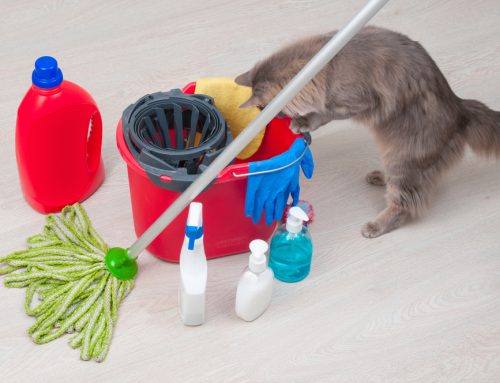Pets don’t come with a health and safety guarantee, so you need to be prepared for unexpected illnesses and injuries. Pet insurance can financially protect you from unplanned veterinary expenses and ensure your pet receives the care they need, when they need it. Our Oliver Animal Hospital team knows that navigating the pet insurance plans and choosing the one best for your pet is challenging, so we’re sharing our tips to help you select a policy that works for your pet—and your wallet.
Understand how pet health insurance works
Before you can choose a pet health insurance plan, you must understand pet insurance and how it works.
A pet insurance plan is designed to mitigate the costs associated with your pet’s healthcare. Health insurance for a pet generally requires a monthly fee (i.e., a premium) and an annual deductible (i.e., a predetermined dollar amount before insurance coverage begins).
Assess your pet’s needs
The first step in selecting a pet insurance plan is to assess your pet’s needs by considering their breed, age, and pre-existing health conditions, which will affect the coverage type they need. Pet health insurance companies offer a wide coverage range and add-on services, including:
- Accident-only coverage — If your pet is generally healthy, they may require no more than a basic low-cost policy that covers only accidental injuries (e.g., broken bones, foreign-object ingestion). Generally, such policies carry the lowest monthly premiums, but they do not cover medications, vaccinations, or routine examinations.
- Accident and illness coverage — These policies provide peace of mind for owners of pets who always seem to find themselves in trouble. While accident and illness coverage premiums are usually higher than those for an accident-only policy, their wider coverage can be beneficial. In addition to injuries, these plans may cover issues such as:
- Diabetes
- Cancer
- Muscle tears
- Intestinal blockages
- Wellness coverage — Pet owners who are looking for even more coverage can add a wellness rider to their base plan. Riders to consider include:
- Annual wellness exams
- Vaccinations
- Routine blood work
- Spay and neuter procedures
- Dental cleanings
- Flea, tick, and heartworm tests and preventives
Research your pet’s coverage eligibility requirements
Pet health insurance providers have different coverage eligibility requirements. Before you enroll in a pet insurance plan, verify the provider’s eligibility requirements to ensure your pet can be covered. Eligibility can be affected by:
- Age — Most pet insurance providers have minimum and maximum age limits for enrollment. Typically, coverage is available for pets as young as 8 weeks of age, while older pets around 12 to 14 years of age may not be eligible, although they may qualify for reduced coverage with higher premiums and more exclusions.
- Pre-existing conditions — Most pet insurance providers do not cover pre-existing conditions (i.e., health-related disorders diagnosed before your pet’s health insurance coverage takes effect).
- Breed — Pet Insurance providers may limit coverage based on breed-specific genetic predispositions.
Consider pet insurance costs
Pet insurance policies require a monthly premium payment that is generally lowest for healthy, young pets and higher for older pets, pets with pre-existing conditions, and pets who are a high risk breed. Some providers offer more affordable coverage with adjustable monthly premiums, deductibles, and reimbursement levels when you first sign up.
Remember, the premium and the deductible are inversely related—a low monthly premium typically requires a higher deductible (i.e., you’ll have to pay more out of pocket before your benefits kick in).
Ask questions before purchasing a pet health insurance plan

Before you sign on a pet insurance policy’s dotted line, research each coverage option carefully to determine the best one for your pet and your pocketbook. To clarify specific policy language, ensure you discuss the coverage with an insurance company representative. Knowing exactly what veterinary health services the plan covers is important.
Selecting the right insurance plan for your pet is a complicated decision that requires careful consideration. When you understand your pet’s needs, research every option, and ask your veterinarian and the insurance company thoughtful questions, you will find a plan that provides the best possible care for your pet at an affordable cost. Contact the veterinarian in south Austin at Oliver Animal Hospital at any time to discuss the best insurance plan for your pet.








Leave A Comment